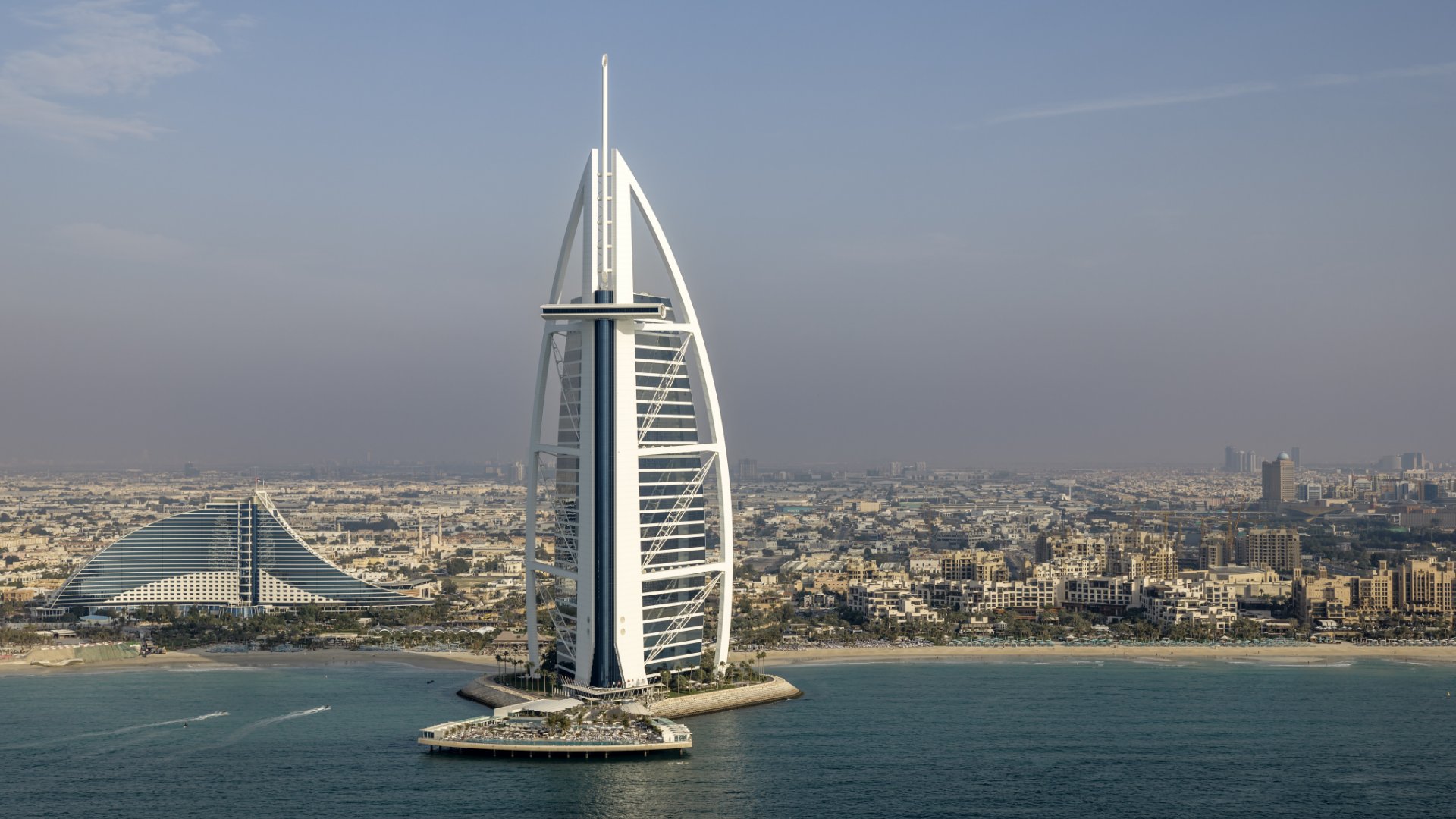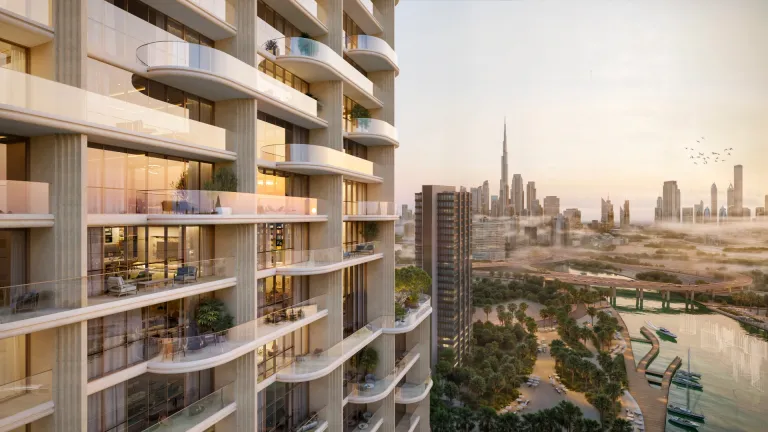No Results Found
Search Results - Blog
Search Results - FAQs
No Results Found
No Result Found
Navigating Legal Requirements: What You Need to Know When Buying a Property in Dubai

Owning a property in Dubai is a dream for many, and the city offers many compelling reasons to invest in real estate, allowing investors to capitalise on this opportunity. This appeal is evident in the impressive growth of Dubai’s residential sales transactions in Q1 2024, which saw a 16% increase in value and a 20% surge in volume compared to the same period last year. The upward graph in the real estate market has created a favourable ground for discerning investors to make a smart move in financial planning.
When buying a property in Dubai, it is crucial to comply with local real estate laws and regulations. Let's look at some of the essential laws when purchasing a property in Dubai.
Ownership Laws
Law No. 7 of 2006 is the primary reference when purchasing property in Dubai. This law enables UAE and GCC residents to buy their dream property in any location in Dubai. Foreigners are allowed to own or lease property in designated areas known as ‘freehold zones'. The freehold property allows you full ownership of the property, while the leasehold property allows leasing of the property for 99 years.
The Law No. (13) of 2008 stands for Regulating the Interim Property Register in the Emirate of Dubai. It facilitates a legal framework for the registration and the regulation of interim property rights.
The Article 3(1) of the Dubai Interim Real Property Register Regulations requires all actions on the off-plan properties that are sold to be registered with the Interim Real Property Register with the Dubai Land Department (DLD).
Registration Procedures
As the real estate law dictates, you must register your real estate transactions in Dubai. The procedure for owning or leasing real estate in Dubai is as follows:
- Preparation of the buyer-seller contract: This contract outlines necessary details, such as the agreed price of the property, payment method, and all other discussed terms. This contract aims to get rid of any miscommunication or misunderstandings in the future.
- Real Estate Sale Agreement: You can download the sale contract (Form F), which is also known as the Memorandum of Understanding (MOU), from the official website of the DLD. The buyer and the seller must sign this before a witness, usually at the Registration Trustee’s office. This step must be completed only after all the agreed terms are set. Also, it is essential to remember that the buyer must pay 10% of the property value as a security deposit to the Registration Trustee. The amount is then reimbursed after the entire transaction is completed.
- NOC (No Objection Certificate): The developer issues the NOC. This indicates that the property is free of any outstanding service charges or bills.
- Transferring the Ownership: This requires you to be present in person or be represented by an authorised individual with all necessary documents. The data is then verified, and the fees are paid, for which you receive a receipt. The output will be obtained through mail.
If both parties submit the documents sooner, the transfer will be processed on the same day. On receiving an approval email, a new title deed is issued in the new owner's name. The title deed is an official and legally binding document that is issued by the DLD and indicates the ownership of the property. The title deed must include information, such as the owner's name, property location, size, and property type.
Foreigners can also enjoy home ownership status in Dubai in their designated freehold districts, such as Palm Jumeirah, Downtown Dubai, Dubai Marina, Burj Khalifa, Business Bay, and many more prominent places. The eligibility criteria for foreigners to own property are as follows:
- Valid Passport: A current passport is mandatory for all property transactions.
- No Travel Restrictions: There should be no travel restrictions placed on you by the UAE government.
- Financial Capacity: While no minimum financial requirement is mandatory, you must have sufficient funds to purchase the property, along with its associated fees.
The real estate laws in Dubai are some of the most concrete and secure ones, created to ensure the highest level of convenience to avoid confusion or conflicts. Leverage these laws and make informed investment decisions with the help of our team of property managers at Meraas. Get in touch with us today.


